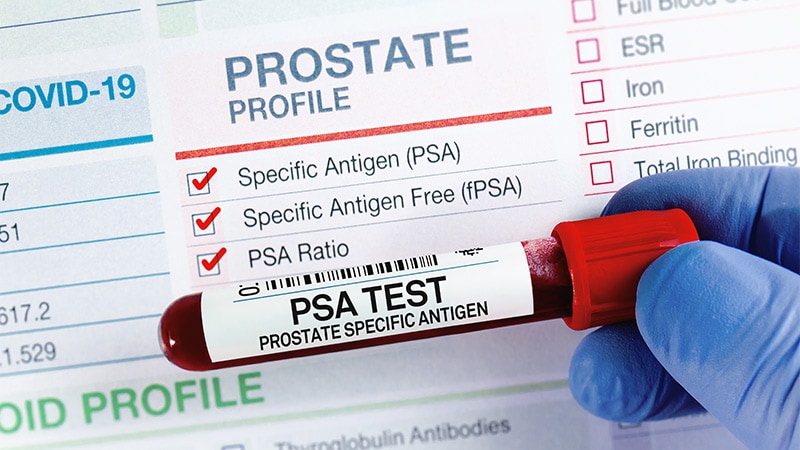Takeaway
- This study findings suggest no evidence of association between coffee or tea consumption, with or without caffeine and the risk for prostate cancer.
Why this matter
- Epidemiological studies have shown inconsistent results on the association of coffee and tea consumption with prostate cancer risk.
- Few cohort studies have investigated these associations according to disease stage and grade.
Study Design
- This large prospective cohort study involving 142,196 male participants investigated the association of tea and coffee consumption with prostate cancer risk.
- Data on coffee and tea consumption were collected using validated country-specific food questionnaires.
- Funding: World Cancer Research Fund.
Key Results
- 7036 men were diagnosed with prostate cancer after 14 years of follow-up.
- Median coffee and tea intake were 375 mL/day and 106 mL/day, respectively.
- Comparing the highest vs lowest coffee and tea consumers:
- no significant association was found between total coffee intake and prostate cancer risk (HR, 1.02; 95% CI, 0.94-1.09).
- no association was seen between total tea intake and prostate cancer risk (HR, 0.98; 95% CI, 0.90-1.07).
- The HRs for risk of fatal disease were 0.97 (95% CI, 0.79-1.21) and 0.89 (95% CI, 0.70-1.13), respectively.
Limitations
- Self-reported data.
- No data were collected on temperature and type of tea consumption.
References
References



